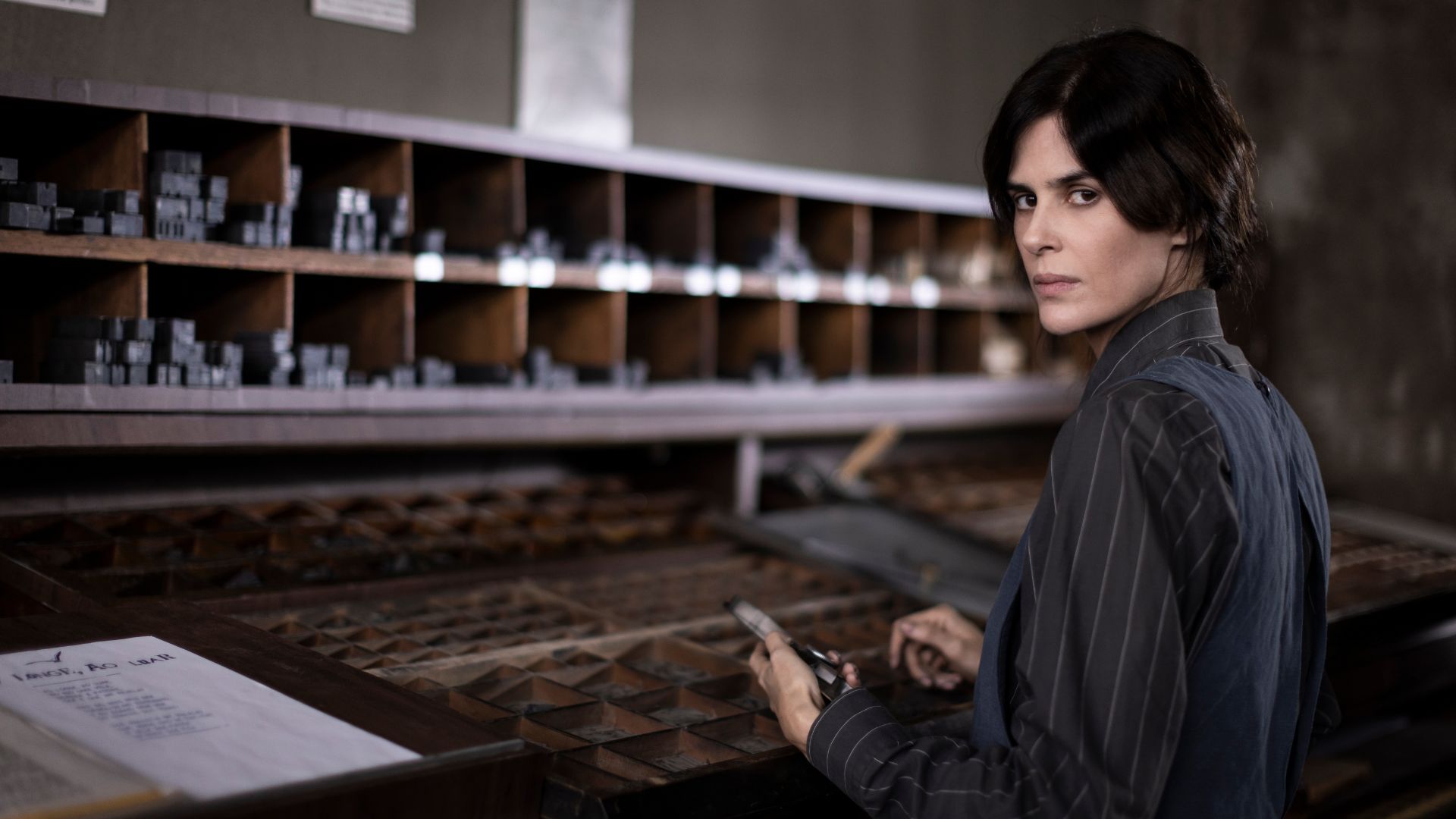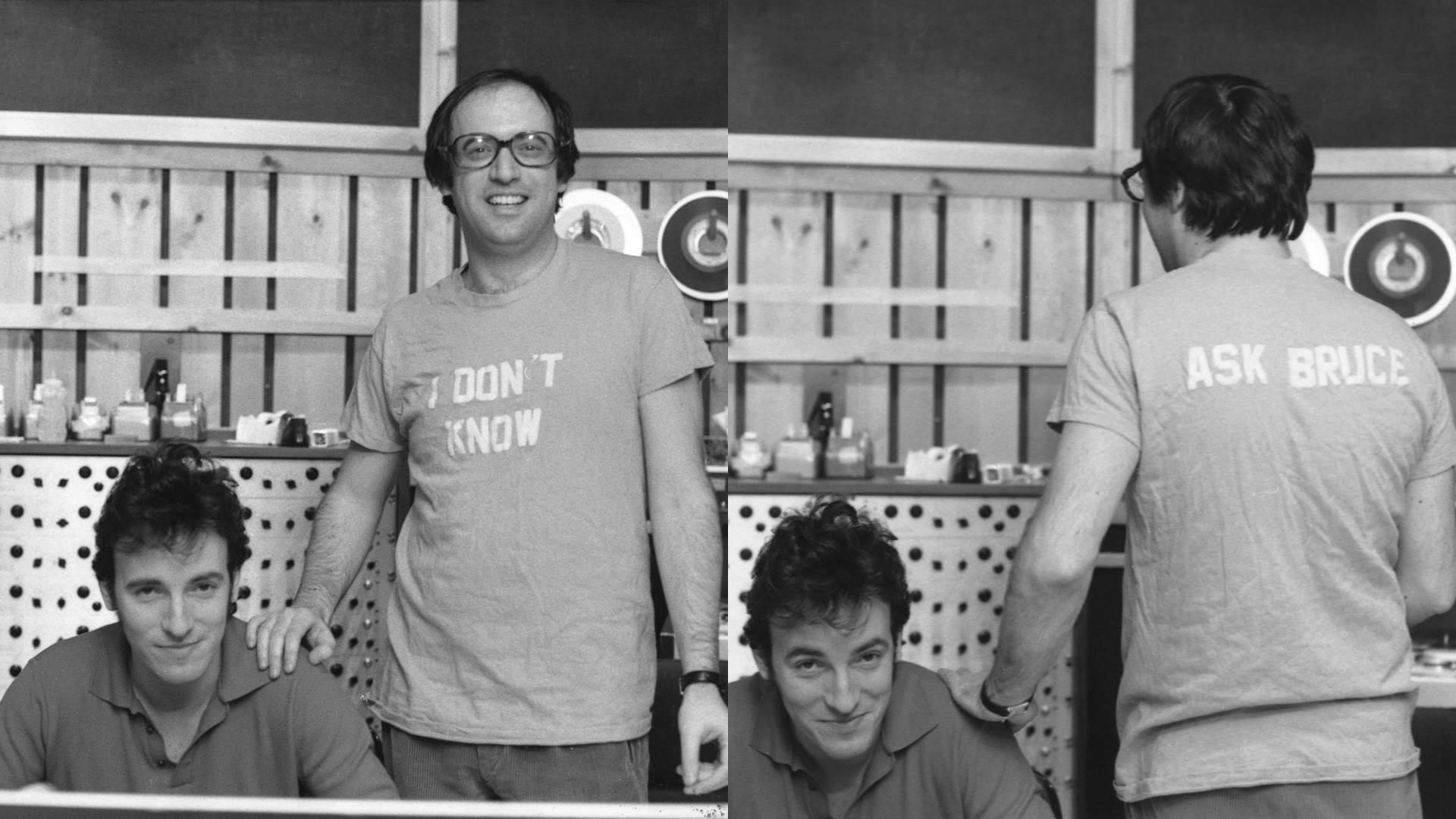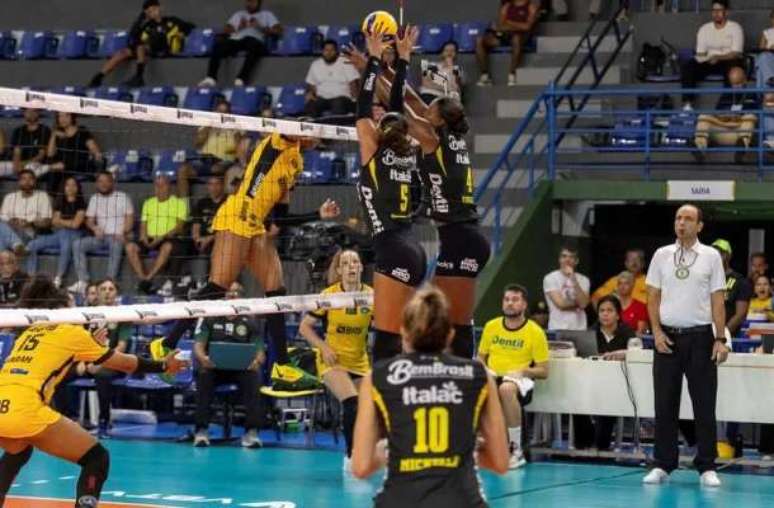A working-class playwright wins a prestigious theater scholarship in Paris, but soon discovers she will face some obstacles to achieve her dream.
One of cinema’s greatest strengths lies in its ability to rescue stories and give voice to characters forgotten or made invisible by time. Cyclonenew feature film Flavia Castro (I forget), which arrives at the 49th São Paulo International Film Festival, does exactly that. Inspired by the life of Maria de Lourdes Castro Pontes – here Daisy Castroor Cycloneas she calls herself — the film converts the screen into a space of memory and, more than that, of reinvention.
In the plot, Daisy (Luiza Mariani, All Love Songs) is a factory worker who divides her time between working in a printing shop and her passion for theater, writing plays that are signed by Heitor Gamba (Eduardo Moscovis, She and I). Upon winning a scholarship in Paris, she is faced with several obstacles, including living in a world where women are not owners of their own bodies.
In Cyclonethe director Flavia Castro places the protagonist at the center of this political gesture of portraying a woman who dares to claim her own identity at a time when women still needed permission from their father or husband to travel.
Around the protagonist, women recognize each other, support each other and save each other when they can. This sisterhood is not just a concept or pamphlet, it is practical — something lived, felt and recorded on the screen: the characters of Karine Teles (The Villain of Nine) and Magali Biff (The Happiness of Things) give shape to this network of affections and resistance, showing that, even when the world denies them the stage, women continue to fight for their own survival and for spaces of creation.
In this intertwining of lives, Cyclone reinforces that individual emancipation is always linked to the collective — here, predominantly female, while men appear only as representatives of a power that denies them any type of freedom.
For example, unlike the tragic fate of the real woman, coerced into an abortion and dead days later, the Cyclone of Flavia Castro and Luiza Mariani choose your own path. The decision to terminate the unwanted pregnancy comes from her — a gesture of autonomy and courage that not only rewrites the past from the perspective of the present, but also reaffirms the power of her body and her voice as a territory of freedom. It is cinema as reparation: art giving back to a woman the right to narrate her own story, to assume her choices and to resist the bonds that tried to silence her.
Cyclone is set in São Paulo in the years 1919 and, to portray it, Flavia it avoids the pomp of great period productions, replacing sumptuous sets and costumes with sensorial realism, in which noises, textures and pulsations — from the city’s works under construction and from the ruins — are confused with the protagonist’s internal turmoil.
The option for more contained shots that are close to the actors — avoiding open shots — could sound like limiting resources; even if it is, this probable scarcity strengthens the story and intensifies the veracity of the images. The aesthetic decision is also political: Cyclone it does not recreate the past, but reveals how it reverberates in the present. The director’s formal freedom echoes the character’s spirit, translating, in form and essence, the storm that was Cyclone.
With a mostly female team — photography by Heloísa Passosassembly of Joana Collier and its own Castroart direction by Ana Paula Cardosocostumes Gabriela Marra and characterization of Mariah de Freitasproduction of Luiza Mariani, Joana Mariani and Eliane Ferreira — Cyclone also reinforces, behind the scenes, the collective gesture of giving visibility to a silenced history.
This female presence is not just symbolic: it is an extension of the film’s theme, translating into practice the sisterhood and care for the stories of women who, like Cyclonewere made invisible. Each presence carries the sensitive gaze of someone who knows firsthand the challenges of existing and creating in a world that still tries to limit female protagonism.
Cyclone It is, finally, a film aware that many of the protagonist’s battles experienced more than a hundred years ago still resonate today. Brave, the Cyclone of Flavia Castro and Luiza Mariani it is resistance: the faded playwright finally gains the stage, with the noise and fury that has always been denied to her. By reinventing her, the film not only remembers who this woman was, but imagines who she could have been if the world had allowed it. And, in doing so, it reaffirms the power of cinema as a space of liberation.
READ ALSO: 49th São Paulo Film Festival: Follow Rolling Stone Brasil’s coverage
-
49th Exhibition
-
49th São Paulo International Film Festival
-
criticism
-
cyclone
-
Eduardo Moscovis
-
Flavia Castro
-
karine teles
-
Luiza Mariani
-
São Paulo Exhibition 2025
-
sp show
-
São Paulo International Film Festival
Source: Rollingstone
Emma Jack is a writer at Gossipify, covering fashion, beauty, lifestyle, and pop culture trends. She stays current on the latest trends and offers readers up-to-date information on what’s hot in the industry. With a background in fashion journalism from Parsons School of Design, she offers a unique perspective and analysis of current trends.





![Un Si Grand Soleil Preview: Episode Summary for Tuesday, October 21, 2025 [SPOILERS] Un Si Grand Soleil Preview: Episode Summary for Tuesday, October 21, 2025 [SPOILERS]](https://fr.web.img4.acsta.net/img/c7/7f/c77f5c02e3632e8e611d5041c2b9f36e.jpg)



